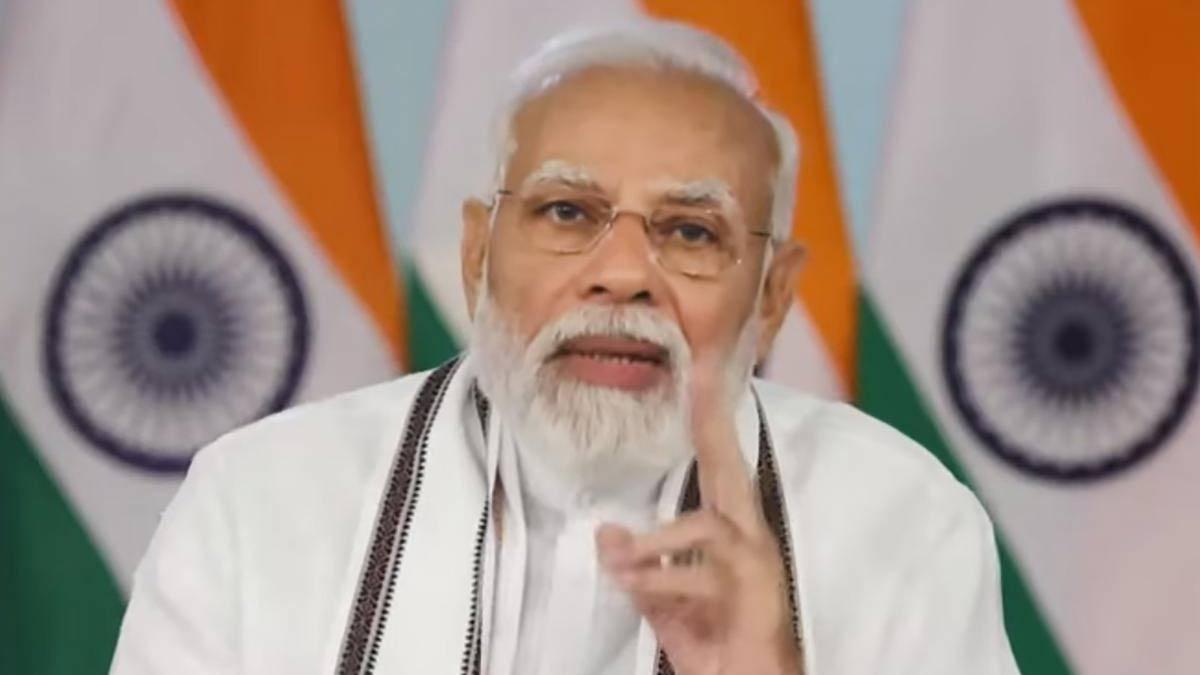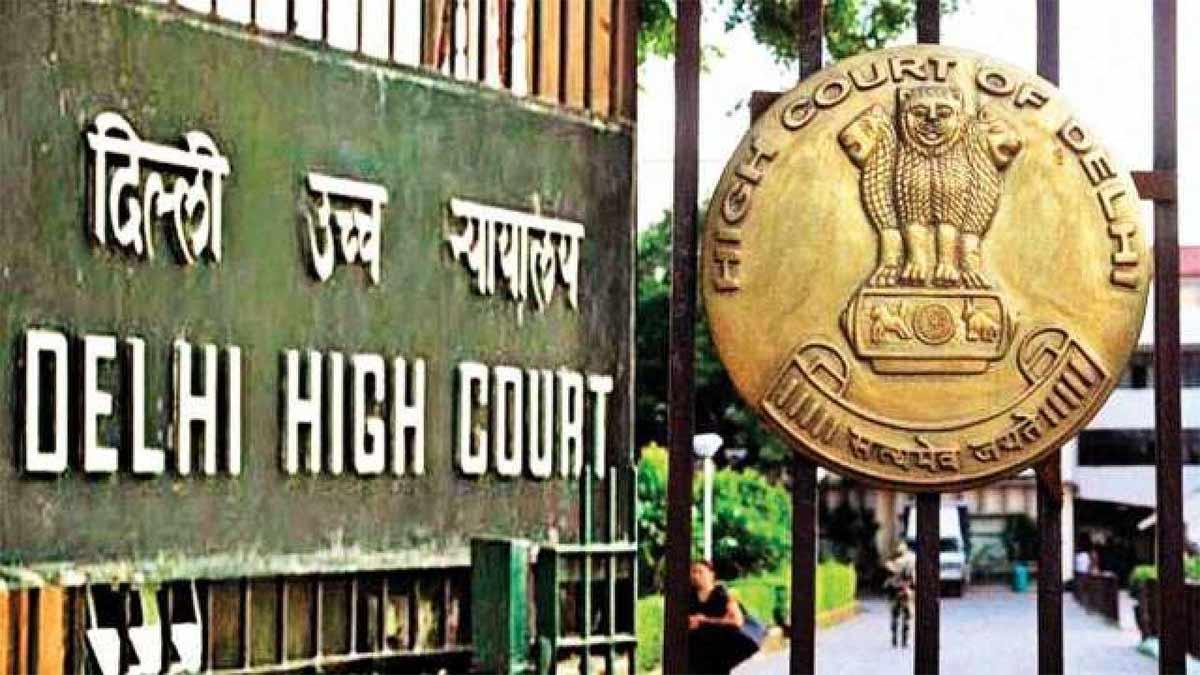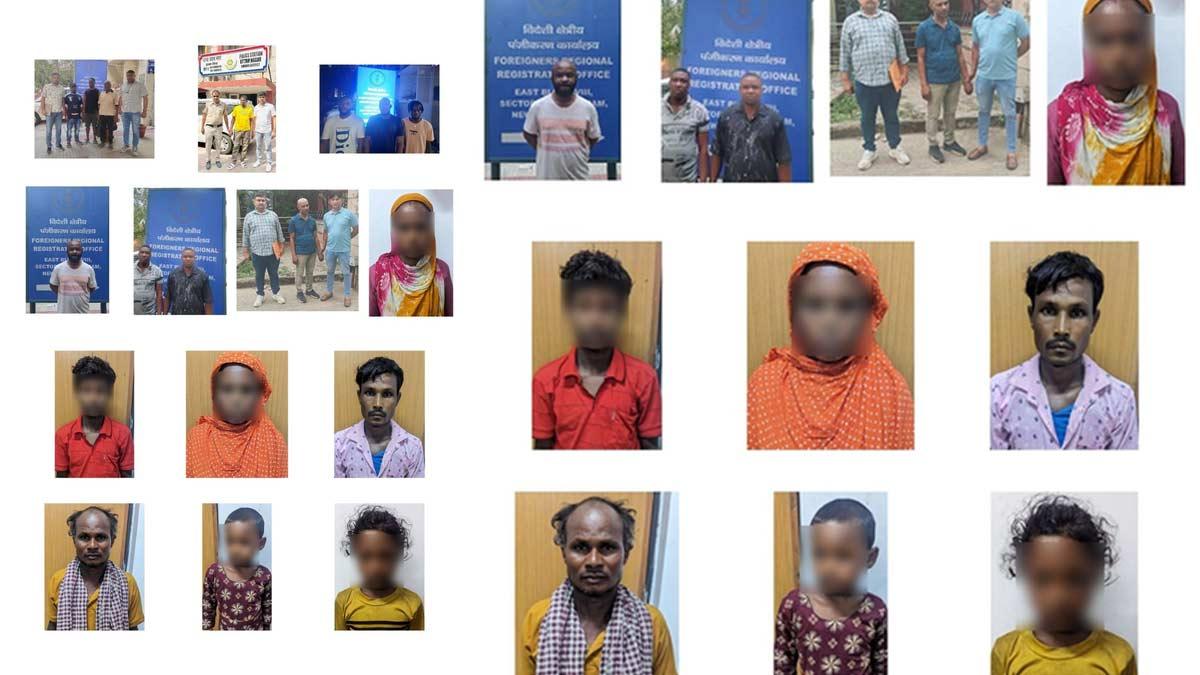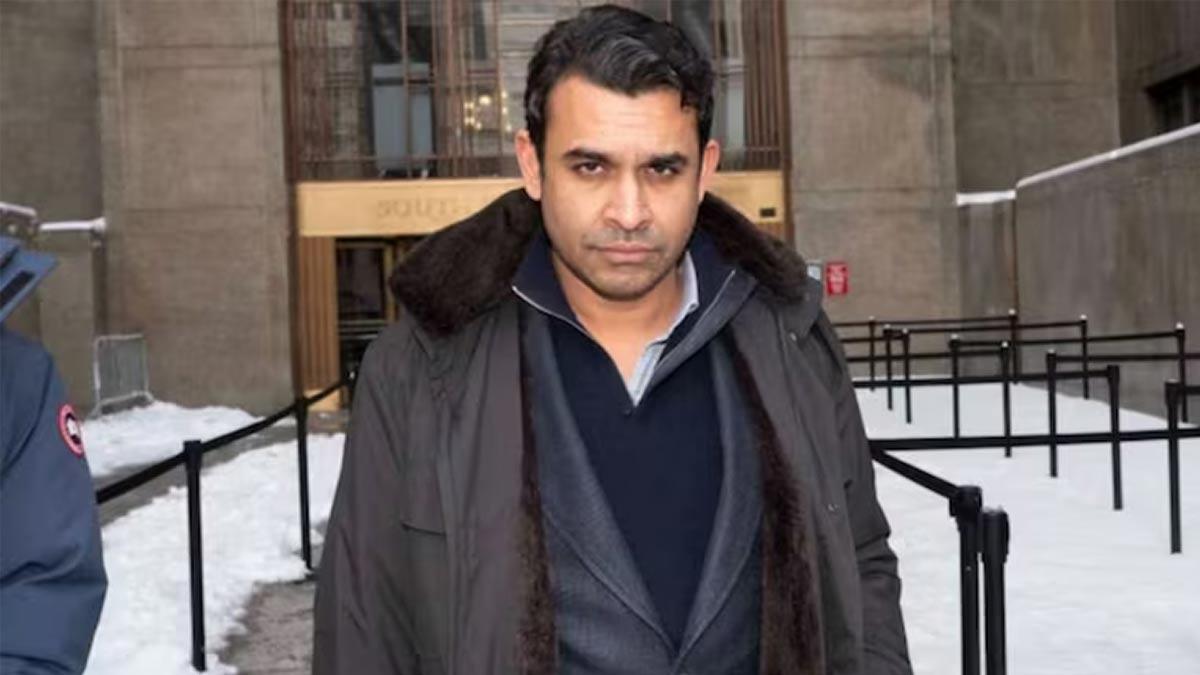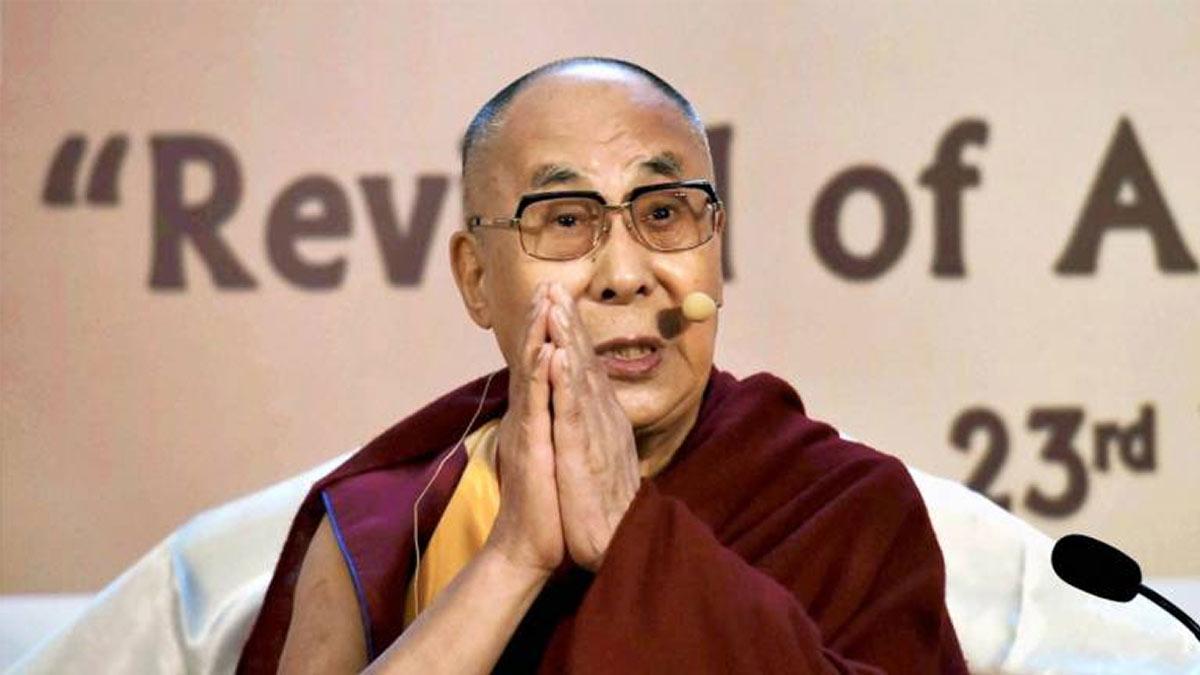Prime Minister Narendra Modi made a powerful appeal for global unity against terrorism, stating that countries that support or shelter terrorists would have to suffer the most serious consequences.
This was announced in the 2025 BRICS Summit session on peace and security, as per Dammu Ravi, Secretary (Economic Relations) in the Ministry of External Affairs.
"Terrorism remains the most critical threat to humanity today," said the Prime Minister, emphasizing that the international response must be principled and unrelenting. "Denouncing terrorism should be a matter of principle, and not convenience."
Briefing media persons after the meeting, Ravi explained the Prime Minister emphasized that terrorism remains the most severe threat to international peace and human well-being.
"During the session on peace and security, the Prime Minister emphasized that terrorism is an imminent threat to humanity. To this end, he observed that all the leaders have criticized the Pahalgam terror attack in the strongest possible terms," Ravi stated.
The BRICS common communiqué reflected this stance, condemning the recent Pahalgam terrorist massacre in Jammu and Kashmir. The declaration reiterated the group's firm opposition to terrorism in all its manifestations and forms, especially cross-border terrorism, and condemned any form of support for terrorist groups.
PM Modi noted that unprincipled reactions to terror acts motivated by geography or political stakes undermine the integrity of international accord. "If our reaction is a function of where or who is the target of the attack, then it will be a betrayal of humanity itself," he asserted.
Referring to the Pahalgam attack in particular, the Prime Minister called it "an onslaught on the entire humanity," and insisted that countries which give terrorist funding, ideological support, or safe refuge to terrorists need to be held completely responsible. "Those funding, promoting and giving safe havens to terrorists must be dealt with in the harshest terms," Ravi quoted Modi as having said.
All 11 BRICS member nations were said to have been in unison in condemning the attack, announcing their solidarity with India and pledging once again to combat terrorism.
In addition to security concerns, Prime Minister Modi also touched upon issues of global governance, emphasizing the importance of empowering developing countries and reorganizing old global institutions.
He laid stress on India's unwavering commitment to the Global South, especially for equitable access to climate finance and new technologies. "He pointed out that the developing world needed more support in terms of climate finance and technology," said Ravi, and went on to add that the Prime Minister cautioned that most of the international institutions set up during the 20th century are not fit to tackle the complex issues of the contemporary world.
Urging a more representative and just world order, Modi called for a multipolar and inclusive global system of governance. He called for urgent reforms of institutions like the United Nations Security Council, the International Monetary Fund (IMF), the World Bank, and the World Trade Organisation (WTO), and that they need to adapt to incorporate "contemporary realities.
Read also| On the Eve of His 90th Birthday, Dalai Lama Expresses Hope for 40 More Years of Life
Read also| Nirav Modi’s Brother Detained in US Following India’s Extradition Request

